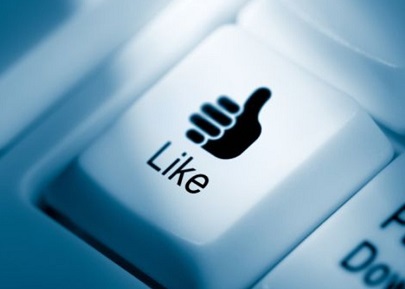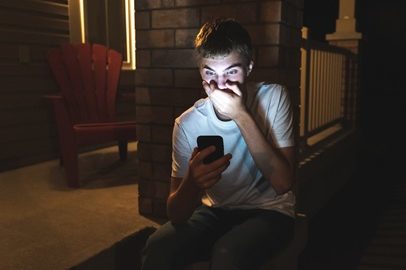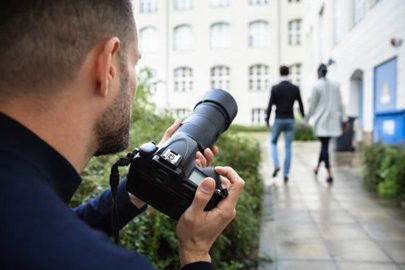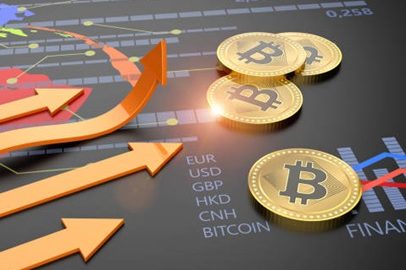Sharing Too Much On Facebook? Protect Yourself and Loved Ones

Social media seems harmless to most of the people, but it isn´t. Recently, the media has been covering a lot of stories from people who have been scammed in the Philippines by love fraudsters or by people they considered a friend. Someone they met on Facebook, of whom they know just what this person said on a chat, and they never met in person or cared to verify whether they were who they claimed to be. Mobile devices and apps are big fraud and scam platforms if you don´t use them in the right way. It is important to know well how you might be vulnerable of scam, and this includes checking how yourself, your friends and family handle information online. Law enforcement agencies around the world are now seeing cases of stalking, harassment, theft, rape and even murder where the criminals use social media information to aid in the crime.
The consequences of sharing too much can be catastrophic and not related to “being bad” but to overexposing personal information –or letting friends do it. A new study has indicated that individuals who are very active on Facebook become highly susceptible to “social media phishing” attacks by criminals, and this is just the tip of the iceberg. Many of the Facebook scammers are targeting people who represent a potential victim, like widows, single American men over 50, or other foreigners. A simple thing like accepting a friend request from a stranger or clicking on the wrong link can put you at risk. Do you like to share where you are and when? Criminals love this too! Knowing when you’re home and when you’re not, and where you live and work, can cost you .
If you share too much on social media and get your identity, information or pictures stolen, you should consider yourself lucky. Crimes can be far worse as sharing puts you at real risk.
Below are some of the ways to protect yourself on social media.
- Check to be sure privacy settings are set correctly. All social media sites have privacy settings which can be as simple as public vs private profile (like Twitter) or as complicated as Facebook’s, where you set a different privacy level for each piece of content (pictures, timeline, tags, etc). People tend to just ignore this because there’s too much to check, and being public might not look like a threat to you. But protecting privacy in social media is also a matter of respect for your relatives, friends, and the people you love because your timeline is an open door to their pictures and profiles. All Facebook pictures can be downloaded, or simply copied on a screen shot. Too many people suffer today of identity theft and in many cases it starts with getting their pictures stolen from Facebook. Remember that Facebook makes money by selling and distributing your data – the more you share, the more they profit.
- Keep a good control over your passwords. Your stolen social media password can put you in trouble too. Giving out a password to the wrong person can lead to many different kinds of abuse, including what just happened to celebrities with their intimate pictures. Change your password frequently, and make it a difficult one to guess or hack. It’s not guarantee, but it’s an added safeguard.
- Do not accept strangers as social media friends. You need to know very well that accepting people you don´t know on Facebook or other social media sites is risky. Sometimes we agree to accept “companies” or other organizations that have regular personal accounts instead of a company page, thus access to more information about yourself and your friends that should not be available to companies or unknown people. Sometimes people accept requests from friends whom they had already friended before, without noticing this second profile is actually fake and created just to scam people. Being skeptical and alert is a good rule. Philippine PI investigators have noticed that in many of the romance scam cases, the victim was introduced to the scammer by a friend of them through Facebook. Getting a local dating background check in the Philippines will always help minimize risk and answer any doubts regarding the authenticity of a person you met through Facebook.
- Be careful where you click and what you like. Facebook is now a favorite place to spread internet viruses. Whenever you see things that immediately catch your attention, like celebrity nude pictures or the like button, restrain from clicking. You´ll probably have your computer infected and will be helping to spread the malware around the internet, if you’re not targeted specifically.
Protect your online privacy by getting informed, and respect others privacy too.
Have you recently met someone on Facebook that you need verified? Contact us today to get a quote from one of our trained investigators on a proper background check investigation.
C. Wright
© 2015 Philippine PI
![]()
© Copyright 2015 Philippine PI. All Rights Reserved. This content is the property of Philippine PI, LLC and is protected by United States of America and international copyright laws.













